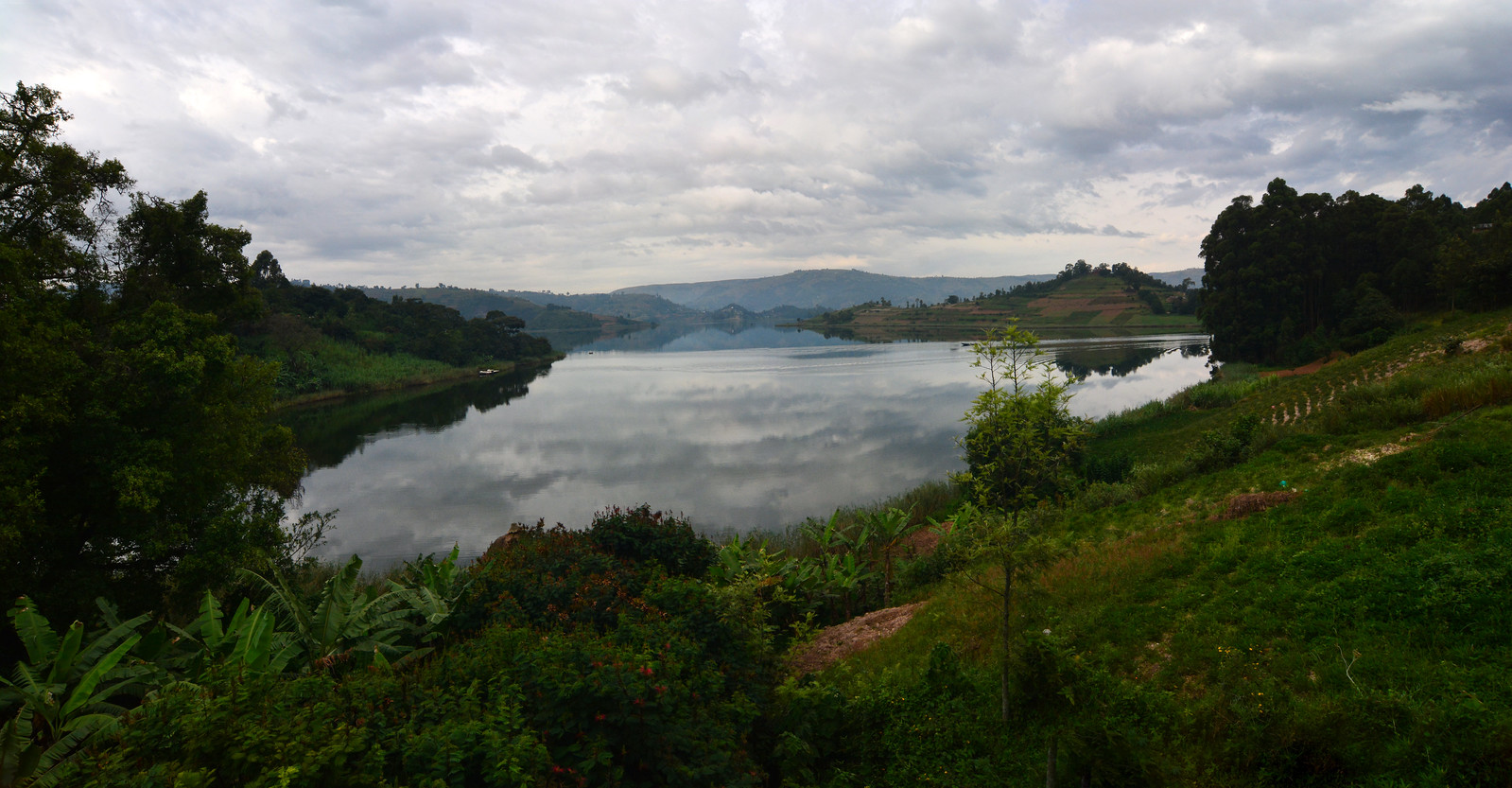Underrated Eco-Tourism Destinations in Africa | Hidden Gems for Responsible Travelers
Africa is a vast and endlessly diverse continent, celebrated for its famous safari icons like the Serengeti, Maasai Mara, and Kruger National Park. Yet beyond these well-known landscapes lies another Africa — one where quiet forests, crater lakes, remote coastlines, and community sanctuaries thrive under the radar. These underrated eco-tourism destinations are where sustainability and authenticity come alive. They may not make every traveler’s list, but for those seeking real connection with nature and culture, they offer some of the most rewarding and responsible adventures on the continent.
1. Lake Bunyonyi, Uganda
Surrounded by terraced hills and dotted with 29 small islands, Lake Bunyonyi is a tranquil eco-retreat in southwestern Uganda. Often called “the lake of little birds,” it’s a haven for canoeing, birdwatching, and cultural village visits. Lodges here are solar-powered, locally built, and committed to conservation — perfect for travelers seeking serenity after gorilla trekking in Bwindi.
2. Nyungwe Forest National Park, Rwanda
While Volcanoes National Park draws the crowds, Nyungwe Forest remains a quiet gem of Rwandan eco-tourism. One of Africa’s oldest rainforests, it shelters chimpanzees, colobus monkeys, and over 300 bird species. The forest’s canopy walkway and sustainable tea plantation tours blend adventure and conservation, supporting both wildlife and local livelihoods.
3. Loango National Park, Gabon
On Gabon’s Atlantic coast, Loango National Park is where forest, savanna, and ocean meet. It’s one of the few places in the world where you can see elephants and buffalo roaming along the beach and hippos surfing the waves. Loango is a model for low-impact tourism, with small eco-lodges that channel income directly into wildlife protection and community projects.
4. Mount Mulanje, Malawi
Often overshadowed by neighboring safari destinations, Mount Mulanje is a paradise for hikers and nature lovers. Its granite peaks rise dramatically above tea estates and rainforests alive with endemic plant and bird species. The mountain’s eco-huts are managed by the Mulanje Mountain Conservation Trust, ensuring sustainable tourism that funds forest restoration and local education.
5. Rwenzori Mountains National Park, Uganda
Nicknamed the “Mountains of the Moon,” the Rwenzoris are among Africa’s most spectacular and least-visited alpine regions. Their glaciers, waterfalls, and giant lobelias create a dreamscape for trekkers. Community-run trekking routes and porter associations ensure your adventure directly benefits local families while protecting this fragile ecosystem.
6. Mapungubwe National Park, South Africa
Tucked along South Africa’s northern border, Mapungubwe combines ecological beauty with deep history. This UNESCO World Heritage Site boasts baobab-studded landscapes and ancient archaeological ruins that tell the story of Africa’s early civilization. Small eco-lodges here use solar energy and support cross-border conservation efforts with Botswana and Zimbabwe.
7. Quirimbas Archipelago, Mozambique
Far from the crowded beaches, the Quirimbas Islands offer untouched coral reefs, mangroves, and marine life in crystal-clear waters. Kayaking, snorkeling, and dhow sailing are all part of the low-impact adventure. Many lodges are built with local materials and powered by the sun, making this island chain a paradise for conscious travelers.
8. Bale Mountains National Park, Ethiopia
The Bale Mountains are Ethiopia’s answer to alpine wilderness — a mosaic of cloud forests, high plateaus, and wildlife found nowhere else on earth. Eco-trekking here brings encounters with Ethiopian wolves, mountain nyalas, and giant mole-rats. Local guides and community-owned lodges ensure conservation remains at the heart of every experience.
9. Kafue National Park, Zambia
While Zambia’s South Luangwa gets global attention, Kafue remains beautifully wild and remote. It’s one of Africa’s largest national parks, where eco-safaris offer sightings of leopards, cheetahs, and rare antelope amid floodplains and miombo woodlands. Small eco-camps here operate with solar energy and strict sustainability ethics.
10. Tsingy de Bemaraha, Madagascar
A UNESCO World Heritage Site, Tsingy de Bemaraha is a surreal limestone forest of jagged pinnacles, caves, and hanging bridges. Trekking here is an eco-adventure through a landscape like no other, home to lemurs and rare orchids. Park fees directly support local conservation, making each visit part of a vital protection effort.
11. Gishwati-Mukura National Park, Rwanda
Rwanda’s newest national park, Gishwati-Mukura, is a success story of reforestation and community-driven conservation. Once degraded by deforestation, the park now protects chimpanzees, golden monkeys, and over 200 bird species. Eco-tourism here is still emerging, giving travelers a chance to support a pioneering conservation model.
12. Ennedi Plateau, Chad
For the truly intrepid, the Ennedi Plateau in northeastern Chad is an otherworldly desert landscape of sandstone arches, canyons, and ancient rock art. This UNESCO site remains largely untouched, and guided eco-expeditions here prioritize minimal impact and local cultural engagement. It’s one of Africa’s last true frontiers for sustainable exploration.
The Future of Africa’s Hidden Green Horizons
These underrated eco-tourism destinations remind us that Africa’s magic doesn’t end where the famous parks begin. They invite travelers to slow down, to see beyond the Big Five, and to become part of a movement that values preservation over popularity. Each visit supports the people who live closest to nature and ensures that Africa’s most fragile ecosystems continue to thrive for generations to come.
When you choose these hidden gems, you don’t just explore Africa — you help protect it.





